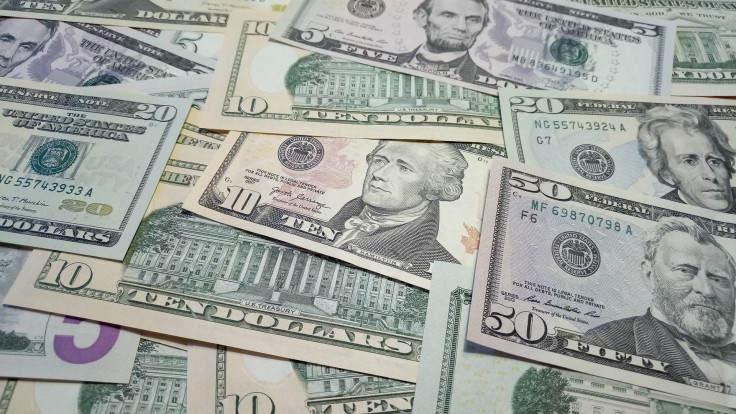Second Stimulus Check Update: Why We Won’t Have An Answer Before Election Day
You probably won’t get another stimulus check from the government until next year--at least that's what Senate Majority Leader Mitch McConnell says.
On Thursday, U.S. President Donald Trump said another round of relief was likely “immediately after the election.” Speaking the next day, McConnell, a Kentucky Republican defending his seat on the Senate, agreed the U.S. economy needs another round of stimulus given the economic strains from the pandemic, but it won’t come until 2021. On the prospects after Election Day, House Speaker Nancy Pelosi said it depends on how badly Republicans want to make a deal.
U.S. taxpayers received stimulus checks from the federal government this year for at least $1,200. State unemployment insurance was bolstered by an extra $600 biweekly, though that supplement has long since expired.
For U.S. households, a joint report from the University of Chicago and Notre Dame found more households were falling into poverty because of the lack of additional financial support, and businesses are suffering too.
Travel limitations imposed during the pandemic means weak revenues for hotel chains. As of July, well before the latest lockdowns, as many as 23.4% of chains in the United States were 30 or more days late on loans, compared with about 1.3% by year-end 2019.
Political gridlock over the last few months has kept new relief packages off the president’s desk. The president himself has varied his position on stimulus legislation.
Michael Strain, an economist working at the conservative American Enterprise Institute, told the Washington Post that this is about as bad as it gets.
“All signs suggest that we’re in for the worst of this at the same time the situation in Washington is also becoming its worst and most horrible,” he said.
Apart from pocketbooks and revenue streams, the stimulus is having an impact on the markets. One week ago today, and with stimulus hopes fading, the Dow industrials fell 2.3%, the S&P 500 lost about 1.9% and the Nasdaq lost 1.6% in trading. Apart from the tech-heavy Nasdaq, most U.S. indices were in the black on Election Day eve, with a strong U.S. manufacturing sector driving the rally.

© Copyright IBTimes 2025. All rights reserved.





















